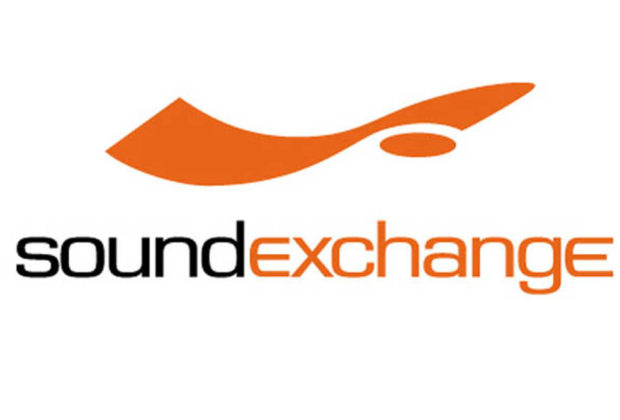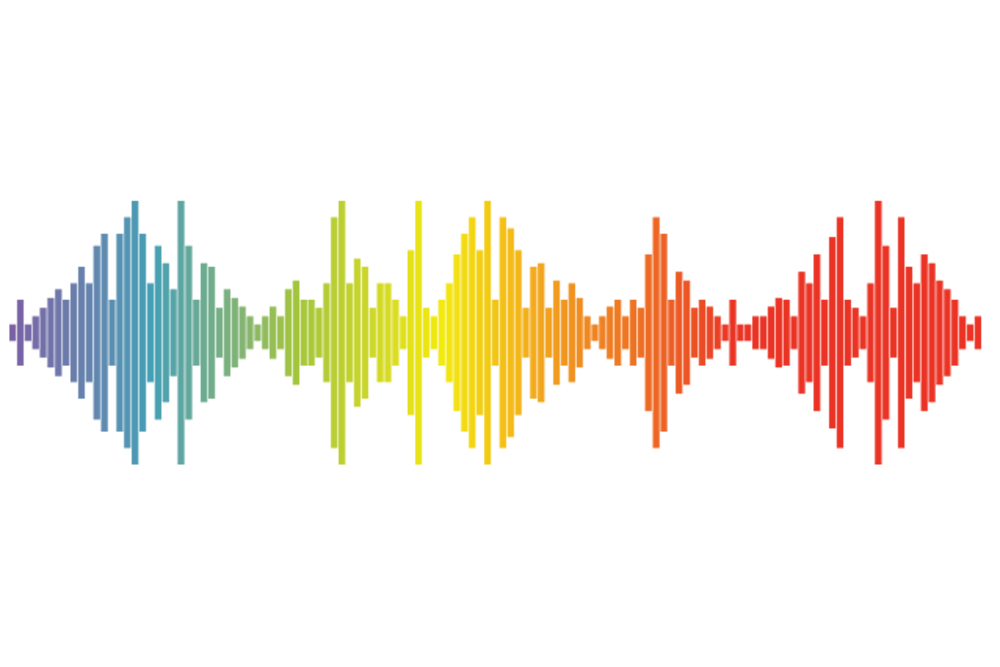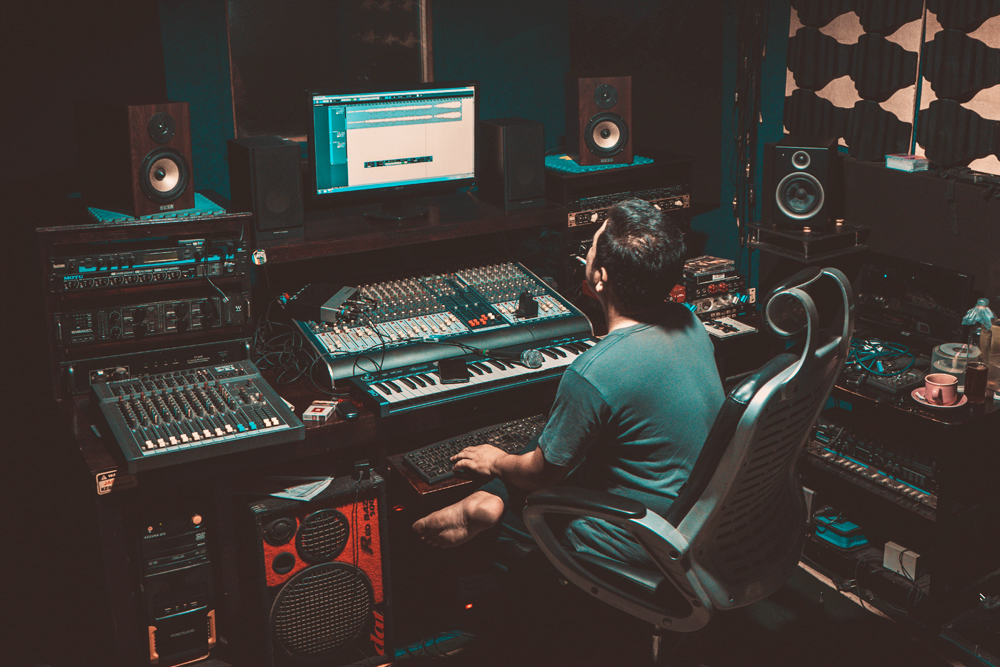Many people seem to be confused about what SoundExchange is, what it does and how it pays royalties. This article will attempt to explain what you need to know about SoundExchange if you are a recording artist, session musician, back-up singer or music producer.
SoundExchange administers what is known as the statutory license (Sections 112 and 114 of the Copyright Act), which permits digital services to stream music while paying a fixed statutory rate for each play. SoundExchange collects and distributes royalties for the featured artist and the sound recording copyright owner (owner of the master) when content is played on a non-interactive digital source (internet radio) such as Pandora or Sirius XM. With Interactive streaming (a.k.a. on-demand streaming) you can pick and choose the songs you want to hear, like on Spotify, Rhapsody and Google Play.
A “featured artist” is an artist who is prominently featured on a song and a non-featured artist is an artist who is not prominently featured (such as a session musician or back-up singer).
Under the law, 45% of these performance royalties are paid directly to the featured artist, and 5% to a fund for non-featured artists. The other 50% of the performance royalties are paid to the rights owner of the sound recording. The rights owner is usually the label or an unsigned artist who owns his or her own masters.
SoundExchange should not be confused with ASCAP, BMI and SESAC, which collect from a different source: they collect and distribute royalties for the songwriter, composer and publisher.
So let’s apply what we now know to different people who may want to collect royalties from SoundExchange.
1. Recording Artist, Session Musician or Back-Up Singer: If you are an artist, session musician or back-up singer, and have songs that have played on, for instance, Pandora, satellite radio, or satellite or cable TV, then you would have a right to collect directly from SoundExchange. You can apply online at soundexchange.com.
2. Independent Labels: If you own your own independent label, you will usually own the masters. So if you own masters, you can collect SoundExchange royalties if your masters are playing on satellite radio, etc.
3. Music Producers: Music producers cannot collect directly from SoundExchange. But if you can get the artist you produced to sign a letter of direction in your favor, wherein the artist directs SoundExchange to pay you a percentage of the artist’s royalties, then you can collect that way.
The best way for a producer to collect SoundExchange royalties is to have a written producer agreement with a signed SoundExchange Letter of Direction attached as an exhibit directing SoundExchange to pay a percentage of the royalties to you.
I have been asked by clients how much SoundExchange royalties should a producer get from the artist? Let’s say you are a 3 point producer and the artist gets 12 points from the label, all in. Your 3% is 25% of the total so you can argue you should get 25% of the artist’s SoundExchange royalties.
GLENN LITWAK is a veteran entertainment attorney based in Santa Monica, CA. He has represented platinum-selling recording artists, Grammy-winning music producers, hit songwriters, management and production companies, music publishers and independent record labels. Glenn is also a frequent speaker at music industry conferences around the country, such as South by Southwest and the Billboard Music in Film and TV Conference. Email Litwak at gtllaw59@ gmail.com or visit glennlitwak.com.













